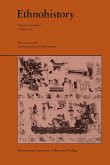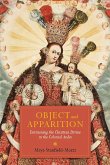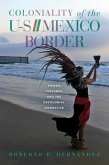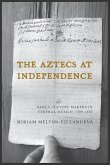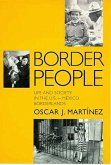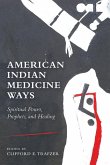"This book explores how sixteenth- and seventeenth-century Spanish settlers attempted to uproot Indigenous Nahua healing practices in the process of creating and protecting the settler colony of New Spain. By using primary sources written in Spanish and Nahuatl this book shows how Nahua people's understood their healers and the ways in which they survived, but were altered by, Spanish attacks"--
Hinweis: Dieser Artikel kann nur an eine deutsche Lieferadresse ausgeliefert werden.
Hinweis: Dieser Artikel kann nur an eine deutsche Lieferadresse ausgeliefert werden.



